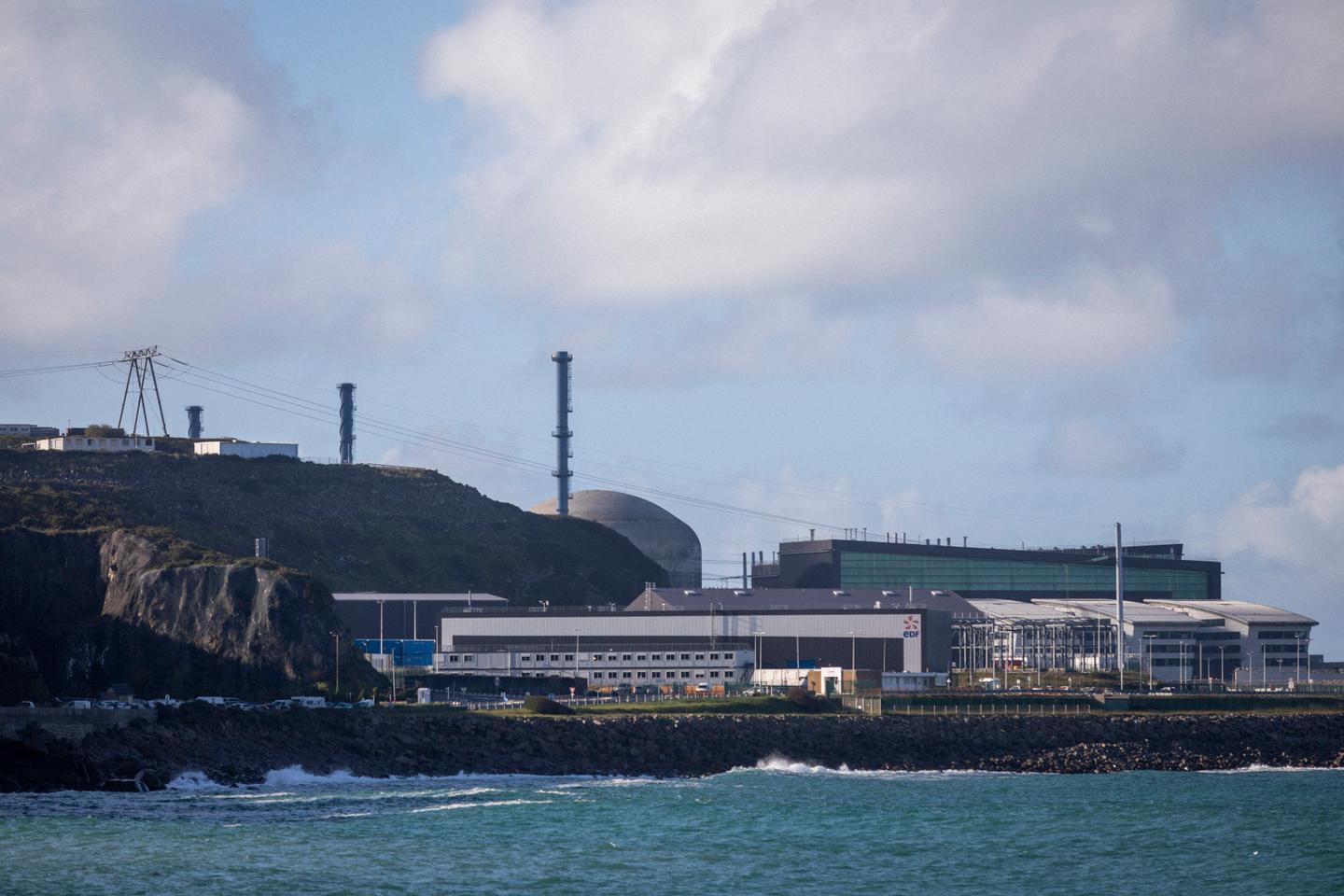- cross-posted to:
- nuclear@feddit.nl
- cross-posted to:
- nuclear@feddit.nl
Summary
France’s Flamanville 3 nuclear reactor, its most powerful at 1,600 MW, was connected to the grid on December 21 after 17 years of construction plagued by delays and budget overruns.
The European Pressurized Reactor (EPR), designed to boost nuclear energy post-Chernobyl, is 12 years behind schedule and cost €13.2 billion, quadruple initial estimates.
President Macron hailed the launch as a key step for low-carbon energy and energy security.
Nuclear power, which supplies 60% of France’s electricity, is central to Macron’s plan for a “nuclear renaissance.”



4 times budget sounds more than it is. You have to underbid to actually get contracts for construction and then it also depends on what was actually missing in the specification.
Big projects are never on budget because the budget is just an arbitrary number of lowballing the best case estimate
Also any project that takes longer than the initial estimate will be overbudget, not only because you are paying local workers for longer (fairly good for the economy) but simply because inflation has happened more since the project started.
Yeah, also financing cost for equipment and material sitting around which usually comes as a cost to the contractor.
… but we make decisions about economic viability on that basis??
My state has been building a new interstate highway in segments for the last 1.5 decades and for the segment nearest me the main construction contract was awarded to a major french company. The french company thought the project was an upfront full payout, but the state had it set up as a piecemeal payment system based on hitting specific objectives. Upon finding this out the company halted all work and abandoned the job until the state took over the project 18 months later.
This reminds me of that.
I pretty much just don’t believe you.
“How & when will we get paid” is a core component of tenders even for contracts worth a few thousand dollars. I’m incredulous that a contract worth many millions could be awarded without anyone realising that payments were provided in stages.
What you’re describing sounds much more like a disagreement over a variation. Whatever aspect of the project was going to cost more than anticipated so the contract needs to be varied. Service acquirer refuses to vary, contractor refuses to absorb the cost.
You might be right. It’s a memory from 5-6 years ago and when I did some further digging in response to your comment, I couldn’t find any news stories that explained the exact reason why the company halted work but I did get a major detail wrong in finding that it was a Spanish company and that they were already on the brink of insolvency.